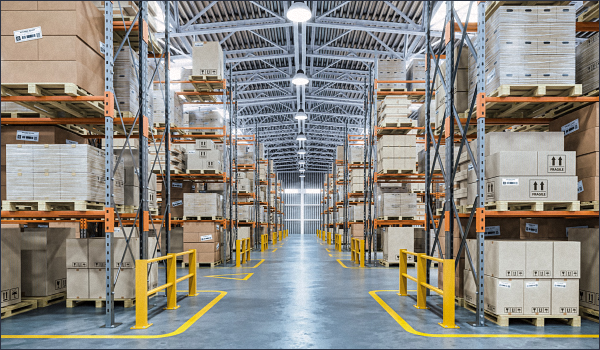
UNDERSTANDING COMMERCIAL DEPRECIATION can sometimes be difficult, but luckily you are able to get some expert advice right here from the BMT team.
And the good news is … you don’t need to know everything. That’s why you engage a specialist – to help you claim the maximum deductions.
1. Factor depreciation into your purchasing decision
While considerations like your overall investment strategy and budget come first, depreciation is another important factor when deciding on your purchase.
Depreciation will be one of the highest tax deductions you can claim from your investment property. It can mean the difference between a positive and negative cash flow, and often makes a significant impact on your back pocket.
2. Get an estimate
Know what you can and can’t claim by getting a depreciation estimate completed by a specialist quantity surveyor.
Depreciation differs between capital works assets and plant and equipment assets. You can claim depreciation for a building’s structure and items permanently fixed to the property (capital works) as well as for easily removable or mechanical assets (plant and equipment).
Factors that impact the eligibility for claiming capital works deductions include the construction or improvement date, and the structure or fixed asset type. For example, you could claim depreciation on a concrete driveway, but not on a gravel one.
Eligibility requirements can be trickier for plant and equipment assets. Each plant and equipment asset has its own effective life. The effective lives and rates of depreciation determine how much you can claim now and in the future. This means you may be eligible to claim depreciation on some assets longer than others. This can also change based on industry.
3. Don’t fall for the myths
There are several misconceptions surrounding depreciation in the commercial real estate market. Claiming depreciation properly can result in thousands of additional dollars, so it’s important to get it right.
People will often think that their commercial property is too old to hold depreciation, but this is almost never the case. Where construction commenced after 20 July 1982, the commercial property owner can claim capital works as well as any eligible plant and equipment assets.
Even if the property was constructed before this date, capital works could still be available on any improvements made by the current or previous owner. For example, if a roof had to be replaced in 1995, the current owner could still claim this deduction.
Another misapprehension is that 2017 legislation changes apply to commercial properties, but this isn’t the case. A commercial property owner or tenant can still claim depreciation on previously used plant and equipment assets they own.
This includes any un-deducted value on assets you might remove, such as a previous tenant’s fit-out.
Bottom Line: You should always consult with a Specialist
The secret to claiming the highest depreciation deductions is found by consulting with a tax depreciation specialist. That way you can ensure you will be maximising your benefits going forward.













Speak Your Mind